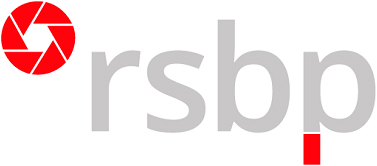
"When interest rates are high and inflation is low, investing is a cinch: savers can earn easy returns by simply parking their funds in Treasury bills or similar safe assets. But it becomes much harder when interest rates are low, as they have been in most advanced economies since the global financial crisis of 2008–09 and in some of them for longer still. Fed up with zero or near-zero interest rates, savers may be tempted to experiment with riskier assets or strategies in the hope of higher returns. Economists call this the search for yield.
Read more … Back to Basics: Risk and Return: the Search for Yield
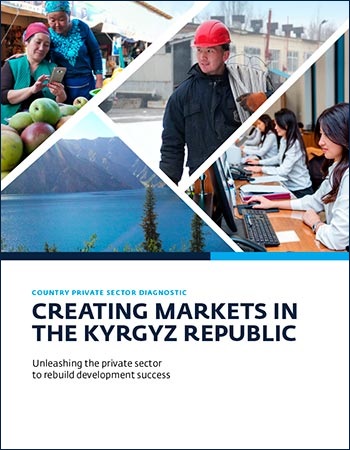
IFC has published a diagnostic report about Kyrgyzstan's private sector. The report "assesses the barriers and opportunities for a more forceful development of the private sector in the country. With the conviction that higher and more sustainable economic growth can be achieved by enhancing the role of the private sector in the Kyrgyz economy, this CPSD identifies policy reforms needed to increase private investment and create market opportunities in sectors that may enable, accelerate, and diversify economic growth."
Read more … Creating Markets in Kyrgyz Republic: Country Private Sector Diagnostic
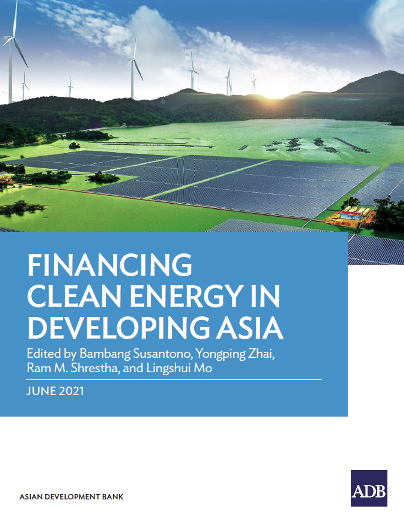
ADB has published a new book on Financing Clean Energy in Developing Asia. "It reviews existing financing options and approaches for clean energy, and includes country examples of how these have been applied. Innovative solutions for mobilizing private finance and managing risks associated with clean energy investments are also discussed.
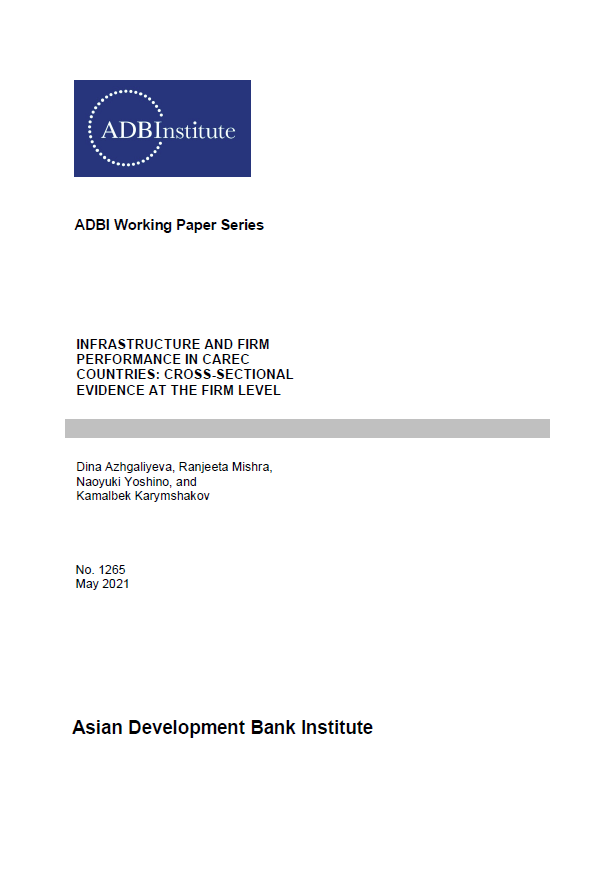
This publication by ADB Institute examines how infrastructure impacts firm performance in several CAREC countries: Afghanistan, Azerbaijan, Georgia, Kazakhstan, the Kyrgyz Republic, Mongolia, Pakistan, Tajikistan, and Uzbekistan.
The authors of the publication review power outages, electricity expenses as the share of total sales, access to broadband internet and efficiency of customs compared to firms' total sales, share of utilized capacity, dummy variable if firm exports and the share of export sales.

"Many factors go into assessing how much debt an economy can safely carry. Countries incur debt by borrowing. Borrowing can enable countries to finance important development programs and projects—but, taken too far, the burden of debt repayment can overwhelm a country’s finances, at worst leading to default.
Elevated debt in low-income countries and emerging market economies in recent years has raised concerns about countries’ capacity to sustain these levels of debt. COVID-19 is adding to spending needs as countries seek to mitigate the health and economic effects of the crisis. The resulting rise in public debt will likely heighten the tension between meeting important development goals and containing debt vulnerabilities."

"According to the World Economic Forum Jobs Report 2020, “automation, in tandem with the COVID-19 recession, is creating a ‘double-disruption’ scenario for workers. Technological adoption by companies will transform tasks, jobs and skills by 2025. Time spent on current tasks at work by humans and machines will become equal. The report also estimate that 97 million new roles may emerge as the new division of labour between humans, machines and algorithms emerges."
Read more … Pocket Dilemmas: Robots v Covid-19: the Future of Work?

GIZ has prepared a comprehensive toolkit on women's financial inclusion. "The purpose of this toolkit is to help practitioners working in developing countries advance women’s financial inclusion and navigate the existing barriers.
The toolkit first provides you with an overview of women’s financial inclusion, its importance and benefits. Delving into project scoping, design, implementation, and measurement, it gathers tools, guidance, and project ideas.
Read more … Women’s Financial Inclusion Toolkit - Paving the way for women's economic empowerment
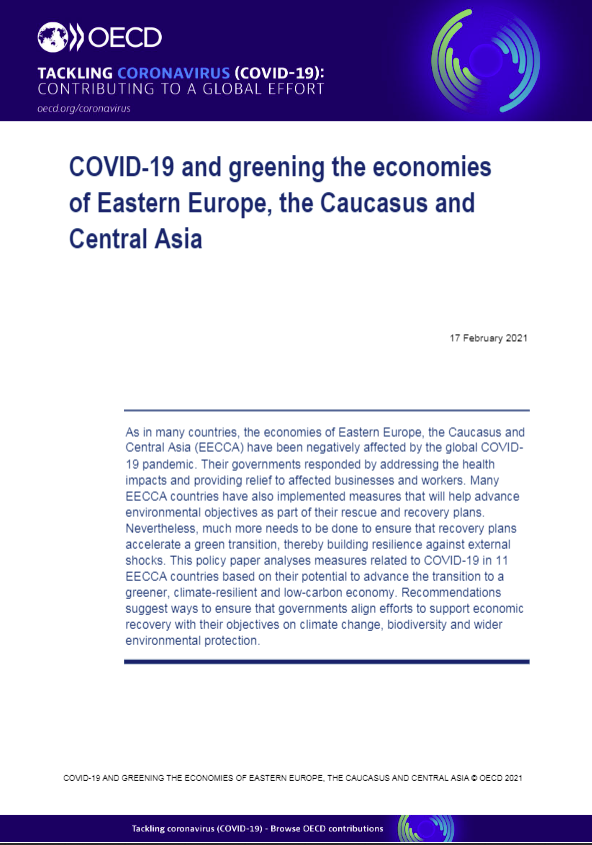
"As in many countries, the economies of Eastern Europe, the Caucasus and Central Asia (EECCA) have been negatively affected by the global COVID-19 pandemic. Their governments responded by addressing the health impacts and providing relief to affected businesses and workers. Many EECCA countries have also implemented measures that will help advance environmental objectives as part of their rescue and recovery plans.
Read more … COVID-19 and greening the economies of Eastern Europe, the Caucasus and Central Asia
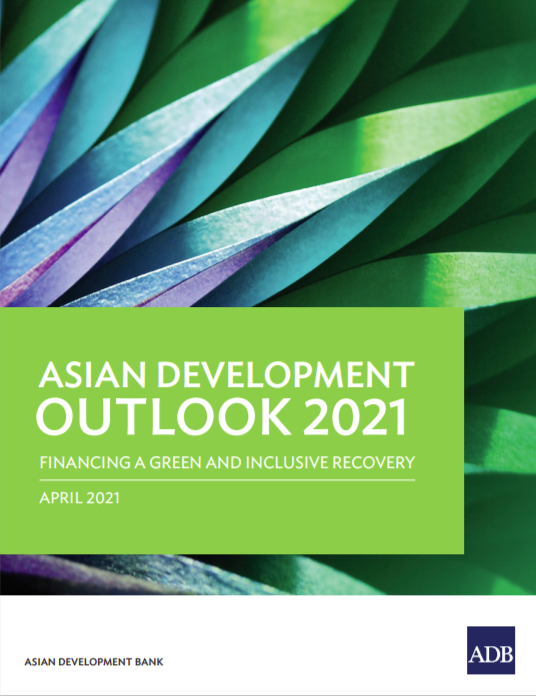
According to ADB's new Asian Development Outlook "Growth in 2021 is forecast to be strongest in East and South Asia, and more moderate in Central and Southeast Asia and the Pacific. The main risks to the outlook are new virus outbreaks or delays in vaccine procurement and administration. Prolonged unemployment and disrupted education caused by the pandemic could have long-term consequences.
Read more … Asian Development Outlook (ADO) 2021: Financing a Green and Inclusive Recovery
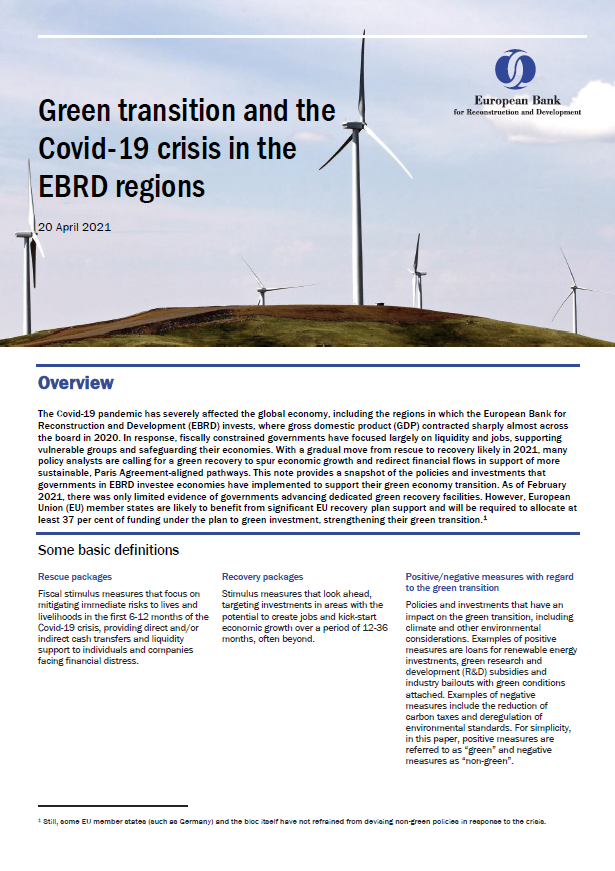
"This note provides a snapshot of the policies and investments that governments in EBRD investee economies have implemented to support their green economy transition. As of February 2021, there was only limited evidence of governments advancing dedicated green recovery facilities, apart from the European Union member states, who will accelerate their green transition amid the push through the EU recovery plan."
Read more … Green transition and the Covid-19 crisis in the EBRD regions
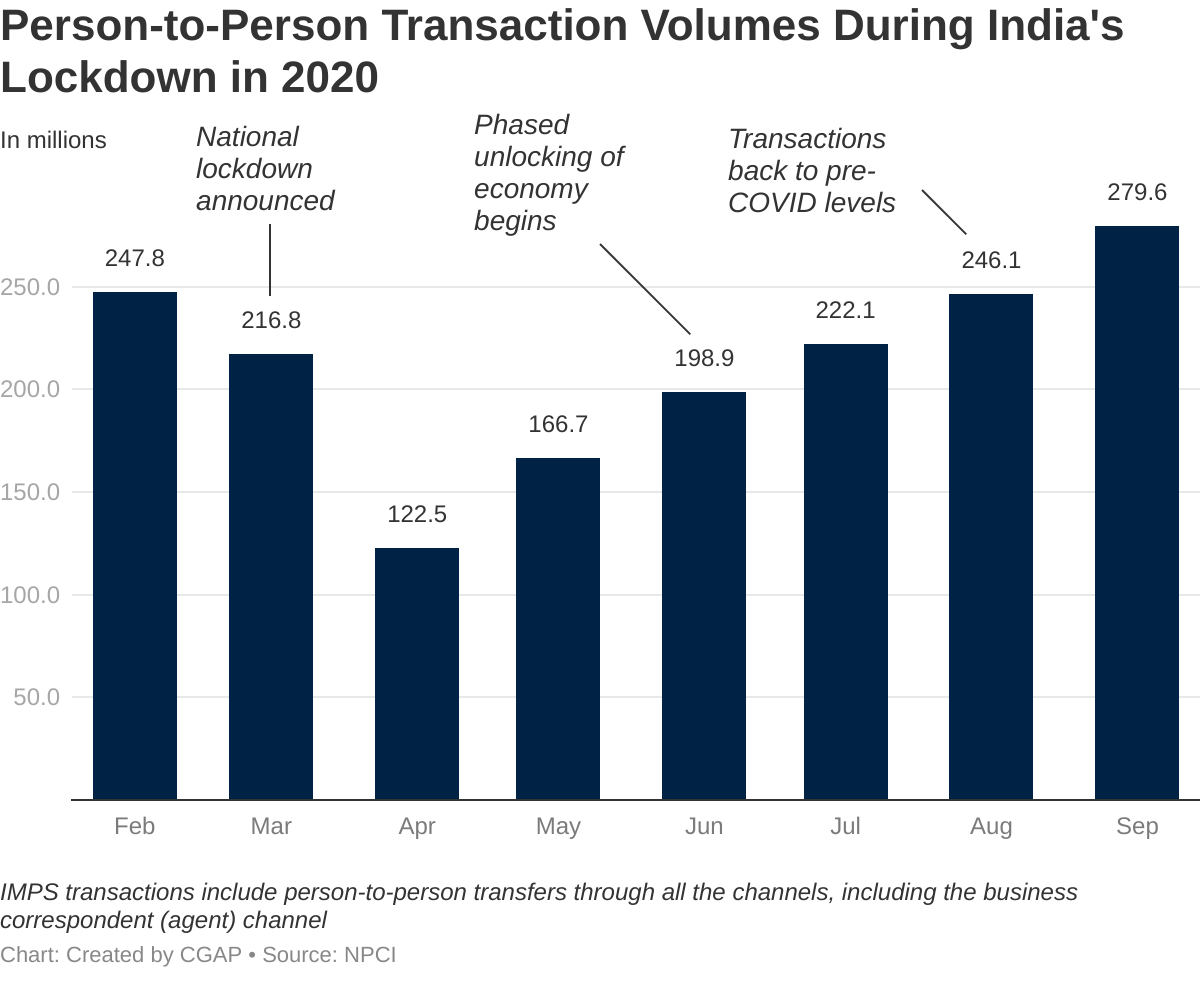
"COVID-19 cash assistance programs around the world have relied heavily on rural agent networks to distribute much-needed cash to their citizens. In the span of just a few months last year, India’s Pradhan Mantri Garib Kalyan Yojana (PMGKY) program distributed $8.8 billion to 428 million people, thanks in part to the country’s cash-in/cash-out agent network. But while the pandemic has underscored the importance of agent networks, it has also exposed significant flaws in their business models."
This blog looks into the role of agent networks during the pandemic and explores their vulnerabilities and possible ways to enhance them. The blog was posted on CGAP website in the English language. Click here to access the blog.
Source: CGAP
Illustration: CGAP

"Throughout the current crisis, the international statistics community has continued to work together, in partnership with national statistical offices and systems around the world to ensure that the best quality data and statistics are available to support decision making during and after the crisis. The third report - compiled jointly by international organizations, under the aegis of the Committee for the Coordination of Statistical Activities (CCSA) - gives a flavor of that cooperation.
Read more … How Covid-19 is changing the world: a statistical perspective - Volume III

